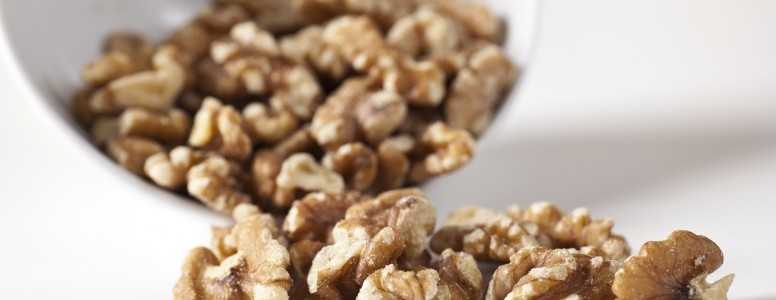Short bursts of exercise could help high-risk women from developing type 2 diabetes by lowering insulin resistance, according to new research.
High-intensity interval training (HIIT) exercise programmes use a combination of episodes of intense anaerobic exercise and recovery periods to provide a time-efficient way of becoming physically fit.
Spanish researchers have now found that HIIT was able to improve insulin resistance, an indicator for type 2 diabetes, in 40 women at risk of the condition, and improve heart health. Their findings were published in the journal Frontiers in Physiology.
Scientists at the Universidad Publica de Navarra sought to investigate the differing impact that HIIT exercise can have on different people.
A total of 40 women with sedentary lifestyles were split into two groups depending on their level of insulin resistance, higher or lower. Throughout the trial their blood sugar levels, weight, blood pressure and waist circumference were measured.
More participants with higher insulin resistance experienced improvements to their health following the HIIT interventio, particularly to blood pressure but also levels of blood glucose and insulin in their body. Overall, the exercise programme led to reduced weight and body fat for all of the women who took part.
The authors also noted improved heart health in the women, and believe HIIT could offer the potential for people to improve their cardiometabolic health.
The researchers concluded: “This research demonstrates the protective effect of HIIT against cardiometabolic disease progression in a sedentary population.”
Exercise is extremely beneficial in the prevention of type 2 diabetes, but diet is the more significant aspect, particularly from going low-carb. The Low Carb Program is a 10-week, evidence-based structured education program which has so far been accessed by more than 200,000 people worldwide, and has helped people lose weight, lower blood sugar levels and reduce dependency on medication.
What's new on the forum? ⭐️
Get our free newsletters
Stay up to date with the latest news, research and breakthroughs.



